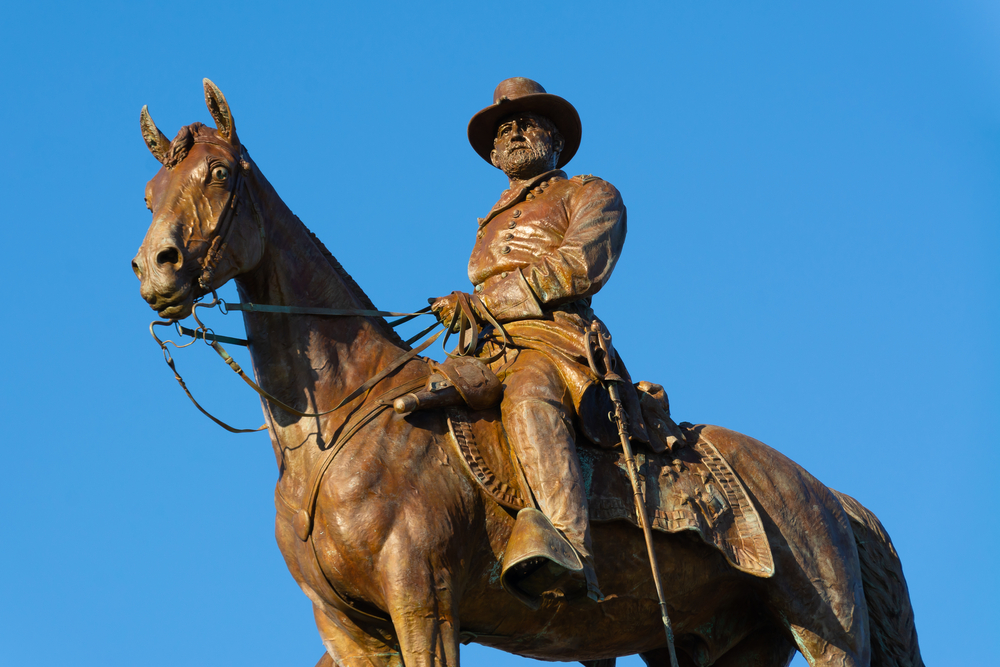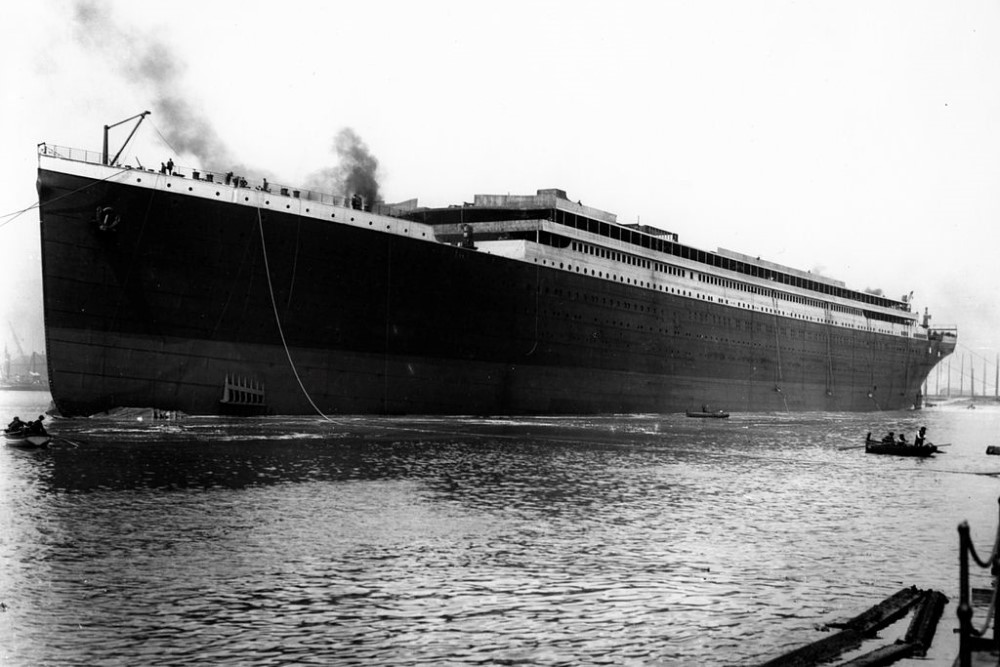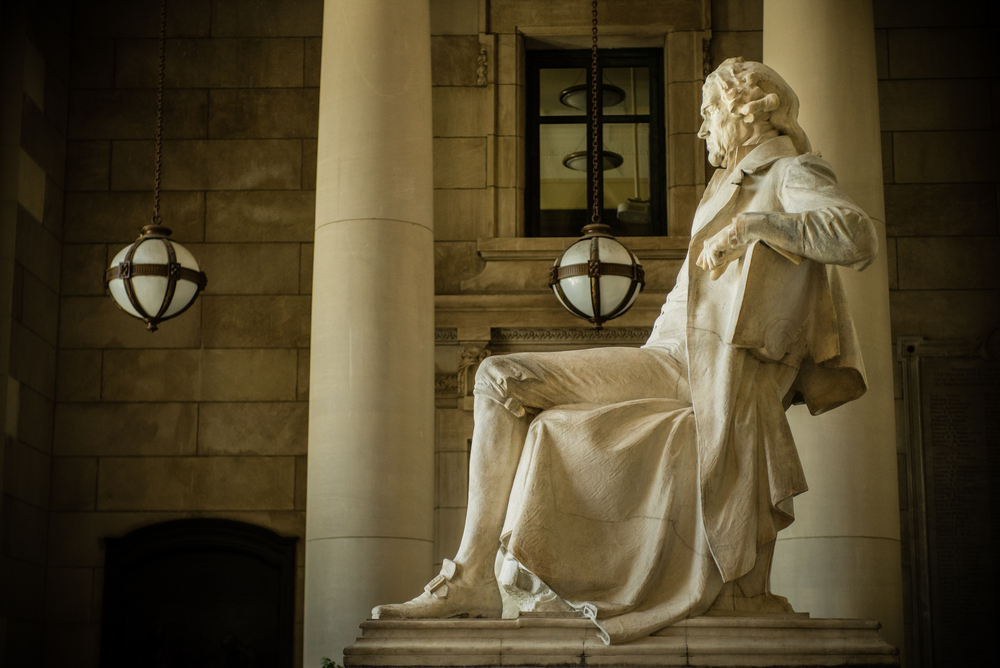History’s (Un)Truths

Fifty years, two months, and one week ago, a US destroyer was attacked (or was it?) by the North Vietnamese in the Gulf of Tonkin, off the coast of North Vietnam. This event marks the beginning of the Vietnam War era and the controversies that would come to surround the conflict. Things only continued to get murkier, as New York Times reports. Not only do the controversies and tragedies of the past continue to haunt us, but so too does the way in which we struggle to portray them.
The United States Department of Defense has created a new website to commemorate the fiftieth anniversary of the Vietnam War, complete with an interactive timeline, educational resources, and lists of statewide commemorative events. But this attempt at reconciling the events of war itself has met with backlash because it provides a “glossy view of history,” according to Times writer Sheryl Gay Stolberg. The website “describes a war of valor and honor that would be unrecognizable to many of the Americans who fought in and against it,” she goes on to say.
Whether or not it’s ethically right, it’s not a new concept for the winners of a conflict to write the subsequent history. But with so many veterans–not to mention objectors to the war–still living, this anniversary provides a fascinating opportunity for us to see how the history is recorded and whether or not we agree. Already, there’s a problem: how can you disagree with historical fact? It is all a matter of portrayal: how events are painted, how words themselves taint the subject matter. The commemorative website may not record lies, but it taints the truth by omission and careful choices of diction; for example, it’s not mentioned that the Pentagon Papers leakers Daniel Ellsberg and Anthony Russo were tried for treason, and the word “massacre” is never used in conjunction with My Lai.
“If you conduct a war, you shouldn’t be in charge of narrating it,” proclaims one of Stolberg’s interviewees, Tom Hayden. Who, then, should? How can we convey absolute truth about conflict? Should the absolute truth even be a priority? Let us know your thoughts in the comments.




